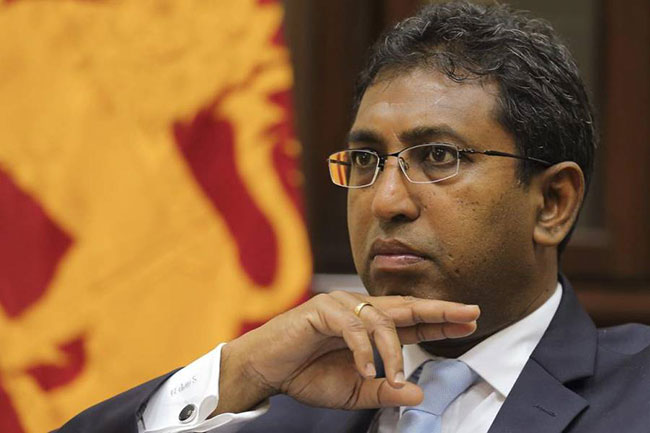The Sri Lankan Committee on Public Finance (COPF) today slammed the Ministry of Finance for its inaction on imposing Value Added Tax (VAT) on foreign digital and software providers, calling it a “substantial revenue loss” and an “unequal playing field” for domestic businesses.

Committee Chairman, Harsha de Silva, MP, expressed frustration with the Ministry’s delay, highlighting that even local travel booking agents pay VAT while international giants like Booking.com remain exempt. He emphasized the urgent need for a mechanism to collect these taxes immediately, even before a new law is implemented, which the Ministry says is coming in April 2025.
The COPF meeting also addressed concerns over the “sugar scam,” where the government’s reduction of a special commodity levy resulted in significant lost revenue. While Ministry officials maintained it wasn’t a tax loss but “tax foregone,” the committee demanded data on companies disproportionately benefiting from the adjustment.
Uncollected Taxes Raise Red Flags:
The committee further raised concerns about the government’s inability to recover outstanding taxes, particularly in light of recent tax hikes on ordinary citizens. They urged the Ministry to explore options for retrieving the “sugar scam” revenue and propose new legislation to prevent similar scenarios.
Social Security Levy Expansion Approved, But Concerns Remain:
The committee approved the Social Security Contribution Levy (Amendment) Bill, which expands the tax net to include businesses with lower income. However, Chairman de Silva dissented, expressing concerns about maintaining two separate tax structures and advocating for a simpler, consolidated system.
Ministry Defends Approach:
The Ministry of Finance defended its approach, citing the need to meet revenue targets and its intention to transition to a more streamlined system eventually. However, the committee’s pressure highlights the growing public scrutiny over Sri Lanka’s tax policies and their impact on domestic businesses and citizens.







